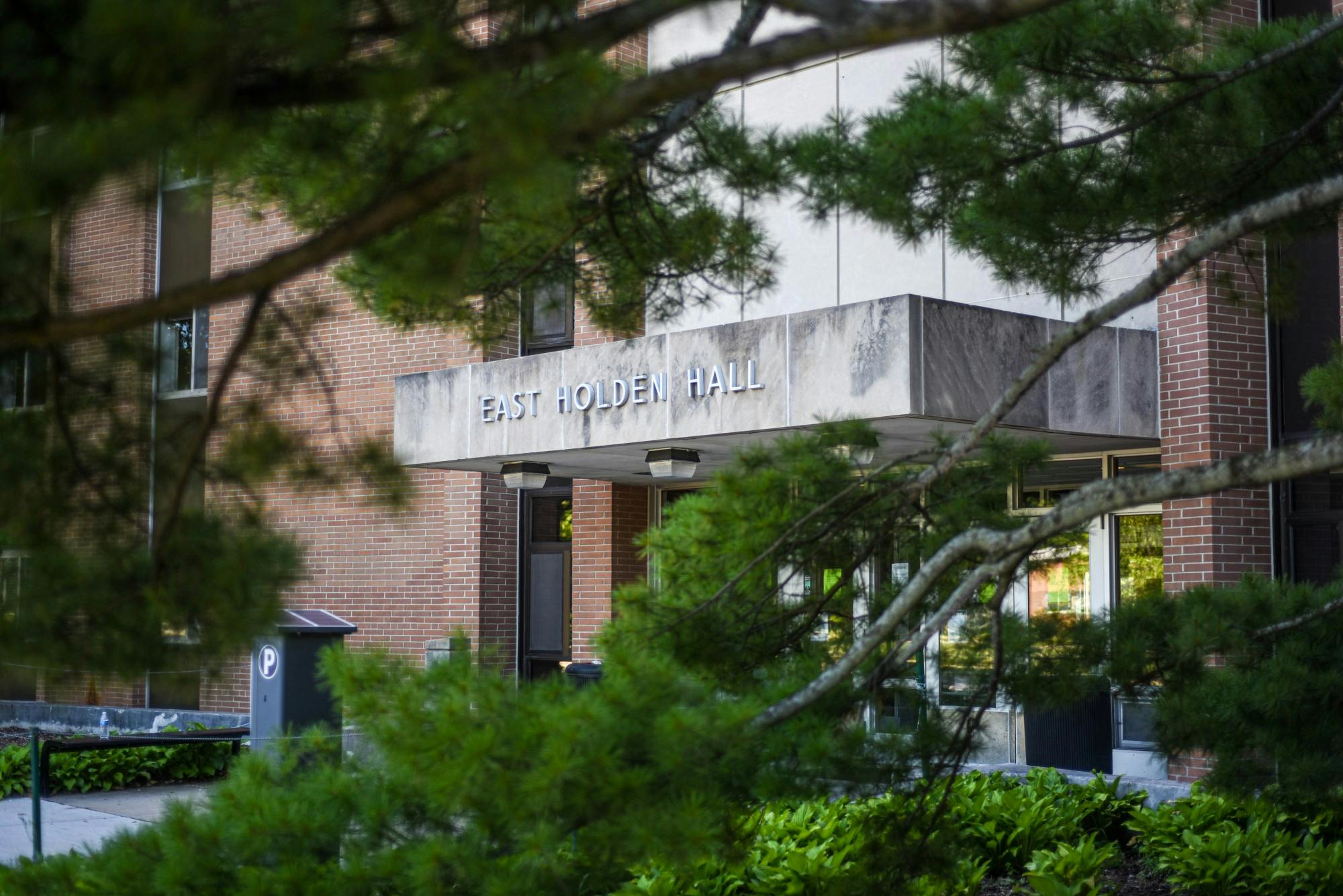As colleges and universities nationwide begin to open campuses and residential halls, outbreaks of COVID-19 have already started to disrupt reopening plans before syllabus week even had a chance to sink in.
Michigan State University is continuing preparations for the fall semester to begin on Wed, Sept. 2 as planned with reduced seating capacity for in-person classes, according to an email from Associate Provost for Undergraduate Education and Dean of Undergraduate Studies Mark Largent sent to students Monday.
Students should check the instruction mode and location for each class in MSU's Schedule of Courses.
Fall classes will begin their online, in-person or hybrid instruction Sept. 2, and switch to entirely online instruction Nov. 25 for the remainder of the semester.
Students will be moving into dorms from Aug. 27 through Aug. 31. The university is anticipating around 11,000 students living on campus following the Learn From Home applications that allows students to opt to take classes from home.
"As of this time we are still moving forward with all the plans that we have put in place," MSU spokesperson Emily Guerrant said. "But obviously, we do watch what is happening at other institutions."
What's happening at other colleges?
The University of North Carolina at Chapel Hill, or UNC, reported its fourth cluster of COVID-19 cases on Sunday, less than one week after the first day of class.
A cluster is defined by the North Carolina Department of Health and Human Services as five or more cases in close proximity.
The university's student newspaper, The Daily Tar Heel, released an editorial in their Monday print issue titled, "UNC has a clusterfuck on its hands," and "We all saw this coming."
As of Aug. 17, UNC-Chapel Hill reported 189 cases among both students and faculty on its data dashboard. This past week, 150 new students and five employees tested positive for COVID-19.
The editorial also addressed the university's failure in leadership.
"The administration continues to prove they have no shame, and the bar for basic decency keeps getting lower," the DTH editorial board wrote. "They chose to ignore the guidance of the CDC, which placed the University’s housing plan in the 'highest-risk' category."
UNC has since decided to switch to remote instruction beginning Wednesday, according to The Daily Tar Heel.
At Oklahoma State University, 23 sorority members tested positive for COVID-19, and the entire house will remain in self-isolation. One of the members that tested positive does not live in the house but is also in isolation.
Students at the University of North Georgia, or UNG, threw a massive party two days prior to the school year starting, flooding the lawns of off-campus houses in Dahlonega, Georgia, and ignoring COVID-19 guidelines.
UNG said in a statement to CBS News that, "The University of North Georgia continues to emphasize to our students and university community that everyone has an individual responsibility both on and off-campus to follow guidance from the Georgia Department of Public Health and the CDC to prevent the spread of the virus."
According to Mlive, parties in Michigan college towns have already started.
Support student media!
Please consider donating to The State News and help fund the future of journalism.
Student athletes test negative
In a release published Monday evening, MSU Athletics announced all 250 COVID-19 tests on student-athletes, coaches and staff between Aug. 7 to Aug. 14 came back negative.
Since the beginning of June, the department conducted about 800 tests on student-athletes, with 30 positive results, the release states. Since June 15, there have been about 235 tests on staff members, at locations both on and off campus, with five positive results.
What happens next?
MSU President Samuel L. Stanley has remained vocal that the only way the reopening can work is if everyone takes on the personal responsibility, and if parents decide it's best their students stay home, they should.
"I think part of it is having that conversation with your student and helping them, your son or daughter, helping them understand what's required of them if they go to Michigan State," Stanley said in an interview with NBC News. "And you as a parent, if you're not comfortable that this is a way that your student can be safe, then I've encouraged people to study remotely."
NBC also featured State News reporter Kaishi Chhabra, who took video of East Lansing bars on the night they reopened in June that showed no social distancing or mask wearing indoors, a prelude to nearly 200 positive COVID-19 cases linked to Harper's Restaurant & Brewpub.
Stanley said in the interview he would "pull the plug" on in-person learning if the hybrid model proved to be unsafe.
"If we feel as though every modality we've put in place are not adequate in keeping students, faculty and staff safe then absolutely we'd go to fully remote if we needed to," Stanley said.
Guerrant said universities are in communication with each other and learning from each other's mistakes.
"I think it's very safe to say we are all learning from each other. A lot of universities are in constant communication with each other especially those maybe regionally located who might be experiencing some of the same outbreaks or situational factors that would impact that," Guerrant said. "So we stay in communication, we watch and learn from each other but at this point, MSU is staying in course."
MSU students coming from high-risk states or countries are now being required to self-isolate for 14 days prior to their arrival to East Lansing. High-risk are red states and red or orange countries on the COVID Act Now Map.
Additionally, faculty, staff, and soon students are being asked to self-screen their health while on campus in order to monitor health trends.
Stanley also recently announced the COVID-19 Community Detection Program where they will be collecting saliva samples from thousands of faculty, staff and student volunteers throughout the semester to analyze and identify the presence of the virus in people who are asymptomatic.
This technique will allow the university to process a large volume of samples and identify carriers of the virus before outbreaks occur and all students are encouraged to enroll.
MSU researchers will also be studying campus wastewater for the presence of COVID-19 to help locate possible areas for intervention. This technique has been used for more than 70 years to help detect disease to serve as a warning system to identify hot spots of the virus, Stanley said.
Discussion
Share and discuss “MSU prepares for move in, hybrid model as UNC-Chapel Hill shifts to remote learning ” on social media.








